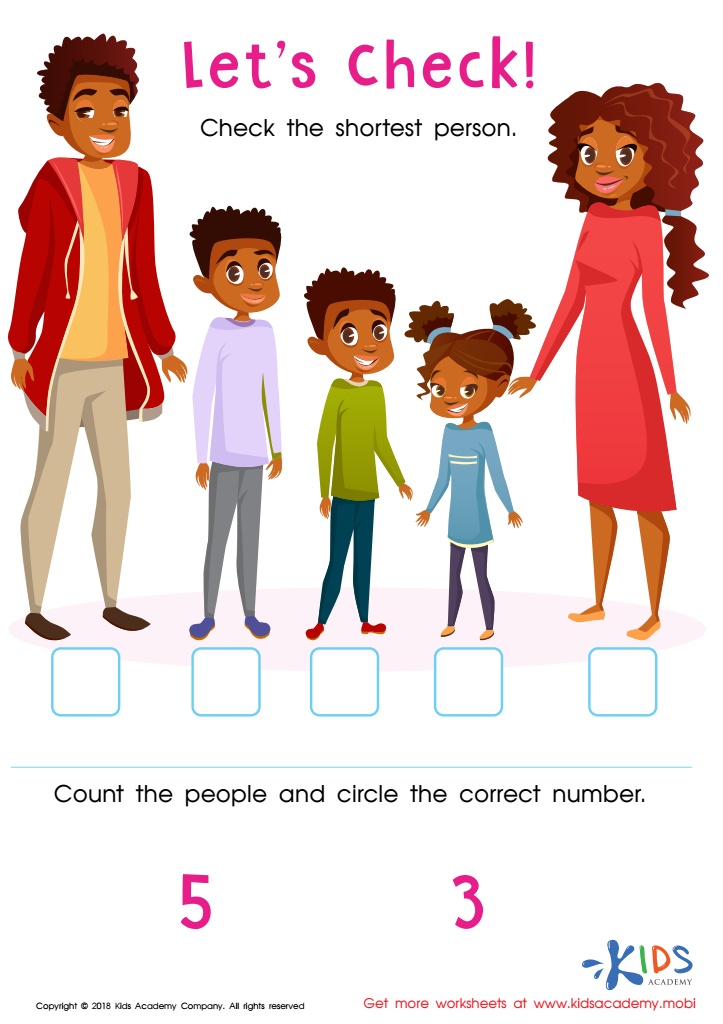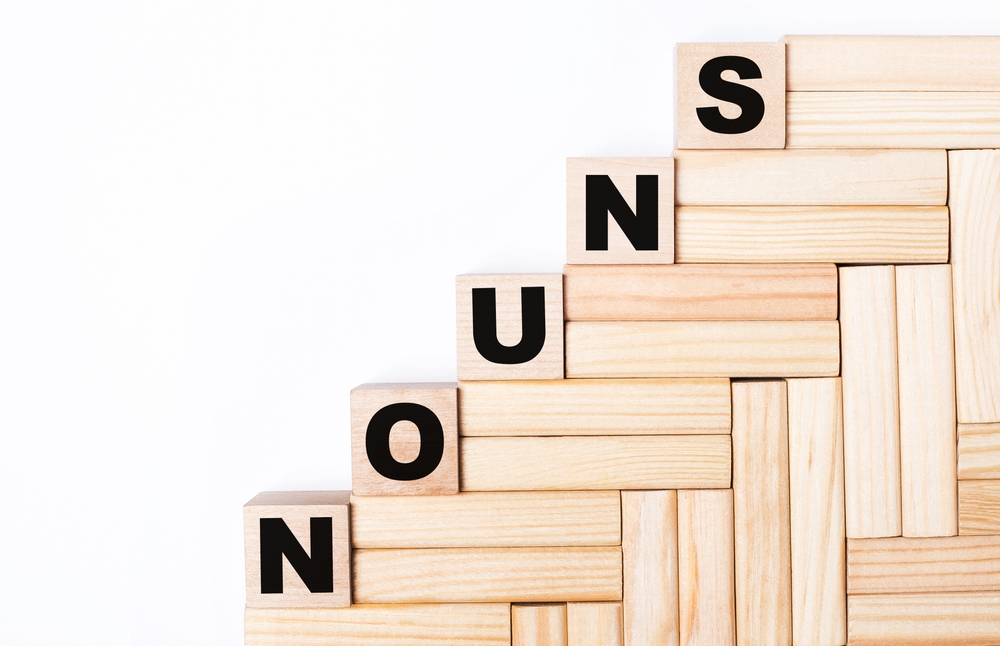Numerical identification Worksheets for Kids
1 filtered results
-
From - To


Let's Check! Assessment Worksheet
Question/Answer
How does the mastery of the Numerical identification skill affect a student's performance at an early age?
Mastery of numerical identification at an early age significantly enhances a student's mathematical abilities, improving their performance in numerous areas. It lays a solid foundation for understanding mathematical concepts, operations, and problem-solving strategies.
How to train the Numerical identification skill in Preschool students learning about Community?
To train the Numerical Identification skill in preschool students learning about the Community, create activities that integrate numbers with community elements. For example, use community helper-themed counting games, where students count objects related to different community workers (e.g., counting fire trucks for firefighters or apples for grocers). Incorporate puzzles, matching games, and interactive storytelling that emphasize numbers and community roles.
Why is the Numerical identification skill important for Preschool students?
Numerical identification skill is crucial for preschool students because it lays the foundation for math literacy, enabling them to recognize and understand numbers. This skill is essential for developing further mathematical concepts such as counting, addition, subtraction, and problem-solving, fostering their academic growth and critical thinking abilities from an early age.
 Assign to the classroom
Assign to the classroom
.jpg)











